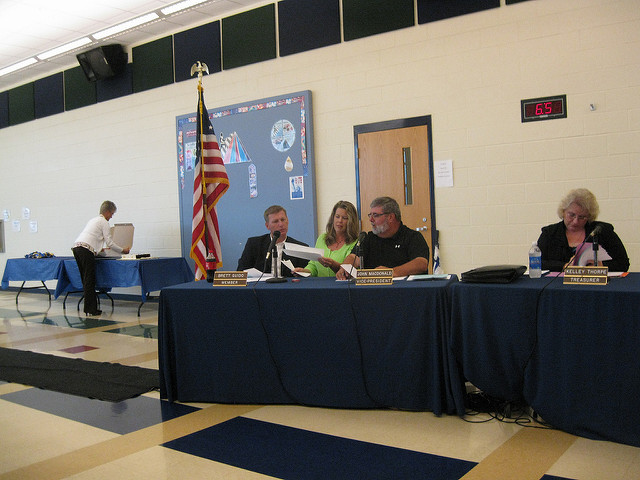
Throughout the United States, school years are wrapping up and families are making their summer plans. While at one time students could rely on their school-friends to be playmates for the summer, the prevalence of school choice policies — which allow students to attend schools outside of their neighborhoods — means that this is no longer the case. This spring, CityLab highlighted social science research on the relationship between school choice policies and gentrification. Specifically, two recent studies found that school choice policies may create inequalities in housing even as they seek to alleviate them in education.
Carla Shedd, a sociologist who has written about challenges in urban education, notes,
“What is remarkable in this moment is that schooling and housing are decoupled in a way that hasn’t been the case before.”
In other words, schools and neighborhoods no longer share the same fate. The emergence of school choice policies, such as charter schools and waivers from No Child Left Behind, allow well-off families to buy houses in lower-priced areas while still avoiding schools they perceive as undesirable. Francis Pearman, who published his recent findings with Walker Swain in Sociology of Education, told CityLab,
“As school choice expands, the likelihood that low-income communities of color experience gentrification increases.”
Research by Stephen Billings, Eric Brunner and Stephen L. Ross also supports this finding. Lottery policies from No Child Left Behind meant that families could move into areas with lower housing prices but send their child to school elsewhere. Since the law gave students in failing schools priority in the lottery, new residents in Charlotte exploited the law by moving into districts with schools deemed to be failing. In both instances, the ability to send a child to a school other than the neighborhood option meant that housing in low-income communities of color were more attractive to well-off White families, spurring gentrification but without improvement to the local schools in the area.

Comments 7
windows product key — June 9, 2018
I like your all publish. You have done amazing execute. Thank you for the important points you can provide, it reduced the problem a lot. I want many more details or so from you.
Denis Cox — July 9, 2020
This setting reminded me of lines from Macbeth https://gradesfixer.com/free-essay-examples/macbeth/. I recommend those police officers take protective measures. The school should function and schoolchildren should come to new classrooms. Education is not a joke or a war. Education is an opportunity to gain life experience and practice.
Nathan — May 6, 2021
good job
Anthony_Blackwood — December 15, 2021
so it helpful https://edusson.com/write-my-literature-review
Anthony_Blackwood — December 15, 2021
so it helpful review
junas — December 1, 2022
What a great and amazing and unexpected things that I see here.
MyAARPMedicare
Kimde jank — December 16, 2022
I new that I am new here and I am very great full and thanks for that.
HP Ink Program